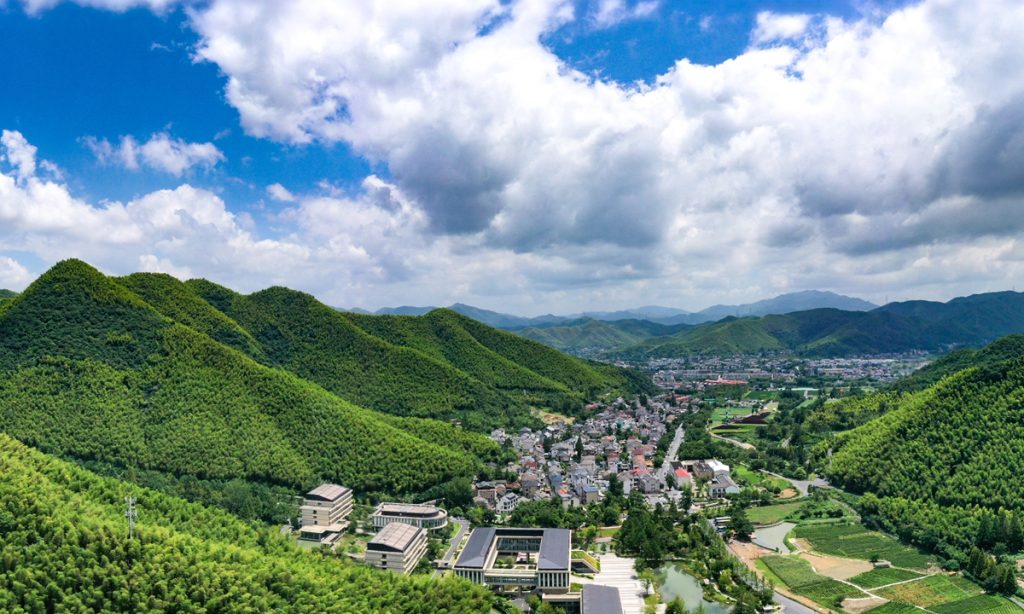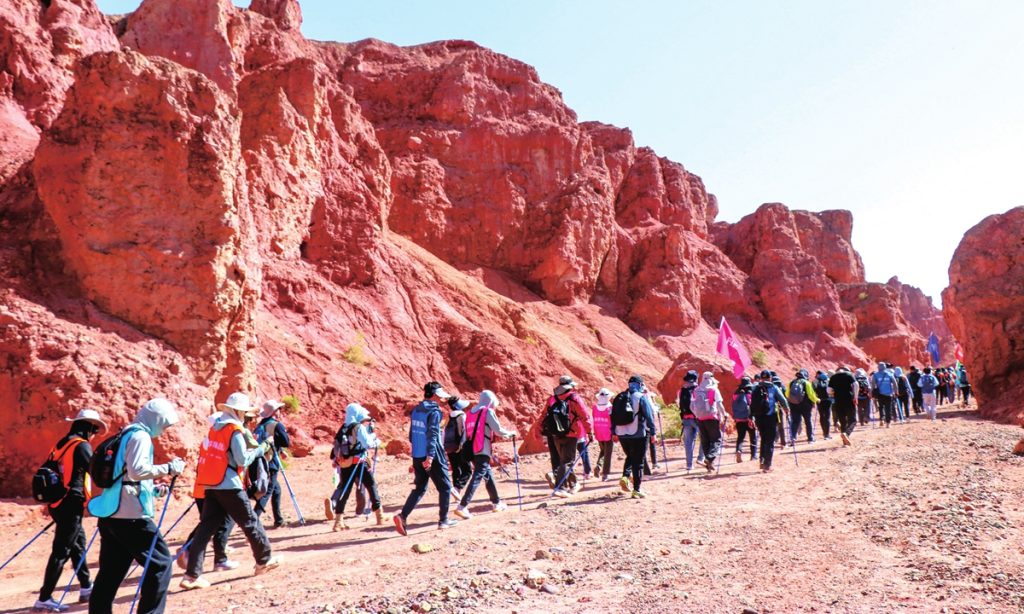Beijing takes measures against Ottawa’s ‘reckless’ trade actions

China's Ministry of Commerce (MOFCOM) on Tuesday announced decisive measures against Canada, including plans to initiate dispute settlement proceedings at the WTO and launch an anti-discrimination probe, after Canada's decision to impose hefty additional tariffs on Chinese products, including electric vehicles (EVs), steel and aluminum.
The significant measures against Canada are due to the "extremely vicious" actions taken by Ottawa against Chinese products without any factual basis or due process, Chinese experts said. The Chinese measures, in line with Chinese laws and WTO rules, could result in further steps to safeguard the legitimate rights and interests of Chinese companies, if Ottawa moves forward with the tariffs, experts said.
Among the measures is a decision to initiate dispute settlement proceedings against Canada's additional tariffs against Chinese EVs and other products at the WTO to safeguard the interests of Chinese industries.
In addition, China will launch an anti-discrimination investigation into Canada's decision of imposing additional tariffs on Chinese EVs, steel and aluminum, based on Article 7 and Article 36 of China's Foreign Trade Law.
Article 7 of China's Foreign Trade Law stipulates that in the event that any country or region applies prohibitive, restrictive or other like measures on a discriminatory basis against China in respect of trade, China may, as the case may be, take countermeasures against the country or region in question. And Article 36 of China's Foreign Trade Law states that the authority responsible for foreign trade under the State Council may conduct investigation with regard to relevant matters, including the matter that requires investigation for implementing Article 7.
This is the first time China has launched an anti-discrimination investigation of its kinds, which could lead to further actions based on the results of the investigation, according to Zhou Xiaoyan, vice president of the China Council for International Investment Promotion.
"Investigative authorities will make a final ruling based on the results of the investigation," Zhou told the Global Times on Tuesday, noting that China could take corresponding actions, if any country or region is found to have taken discriminatory actions against China.
The MOFCOM also said on Tuesday it will take subsequent measures based on the actual situation.
Liang Ming, director of the Chinese Academy of International Trade and Economic Cooperation's Institute of International Trade, said China could take all necessary measures against Canada in accordance to relevant laws, given the malicious nature of Canada's discriminatory actions against Chinese products.
"In taking such actions, Canada clearly had a political motive and blindly followed the step of the US," Liang said, noting that Canada's tariff rate of 100 percent against Chinese EVs was also arbitrary without any factual basis or investigation.
"Canada's actions are extremely arbitrary, vicious and reckless," Liang said, adding that while Canada's actions will not affect China's foreign trade and stable economic growth, "the nature of Canada's actions is extremely vicious, which set bad examples for other countries and will have a negative impact on global free trade."
Also on Tuesday, the MOFCOM announced that China will launch an anti-dumping investigation into canola seeds imported from Canada, in response to industry concerns and in order to safeguard the legitimate rights and interests of the domestic enterprises.
In 2023, Canada's exports of canola seeds to China reached $3.47 billion, increasing 170 percent year-on-year, even as prices continuously dropped, according to the MOFCOM. Affected by Canada's unfair competition, Chinese domestic industries continue to suffer losses, the ministry said.
In addition, China also plans to launch an anti-dumping probe into relevant chemical products from Canada, the MOFCOM announced.
"China's attitude is very clear and it will take all necessary measures to defend the legitimate rights and interests of Chinese companies," the MOFCOM said on Tuesday, while announcing the measures.
Unlike Canada's move that is politically motivated and out of the WTO framework, the measures taken by the Chinese side are made in response to the industry requests and concerns and are based on WTO rules as well as with clear reference from corresponding laws and regulations of China, experts said.
"If a WTO member's dumping of products to another member has caused damage to the latter's domestic industry, the latter under WTO rules could launch anti-dumping investigations," Zhou said. "This is normal practice."


